

On the occasion of the 50th anniversary of Vietnam’s reunification, VietNamNet presents a special series titled “April 30 - A New Era”, featuring insights from experts, military leaders, and witnesses reflecting on the lessons and memories of Vietnam’s historic victory.
These stories highlight the strength of national unity, the mobilization of public support, international diplomacy, and military strategies that laid the foundation for protecting and developing the nation.
Professor Larry Berman, author of “Perfect Spy X6”, chronicled the extraordinary life of Major General Pham Xuan An - a journalist for Reuters, Time magazine, and the New York Herald Tribune, and one of Vietnam’s most legendary strategic intelligence officers.
To complete the book, Professor Berman traveled to Vietnam nearly 20 times to interview Pham Xuan An and gather materials.
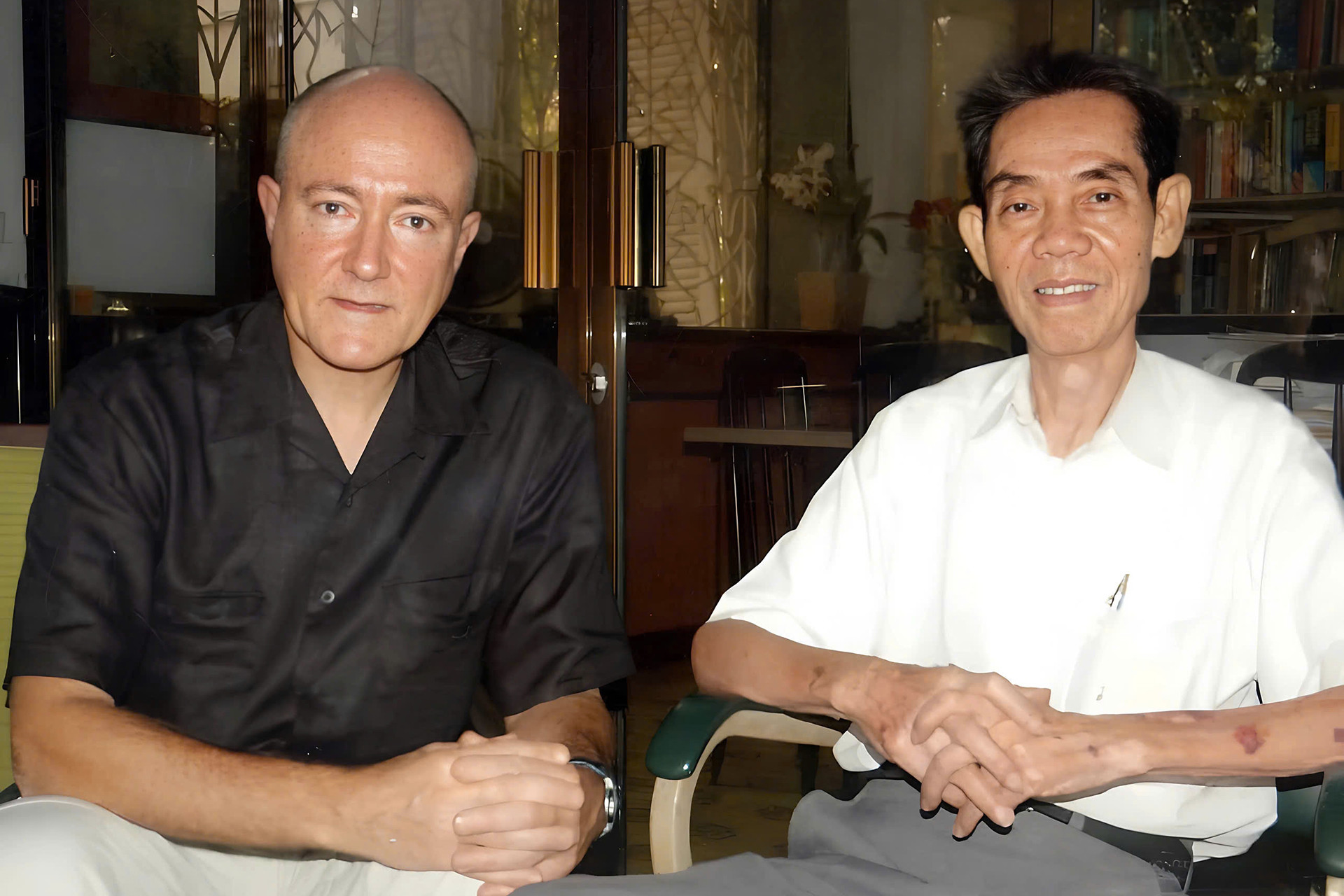
Published in the US in 2007, “Perfect Spy X6” made a powerful impression on readers. It has been reprinted multiple times and remains a go-to resource for those wanting to learn about Vietnam’s legendary spy.
VietNamNet spoke with Professor Berman nearly two decades after the book’s release.
“I wanted to be the one to write Pham Xuan An’s biography”
More than 25 years ago, following your first meeting, Major General Pham Xuan An chose you - over dozens of distinguished journalists - to tell his life story. Why were you chosen, and how did your interviews unfold?
As I explain in my book Perfect Spy, when I first met Pham Xuan An, I was writing my book No Peace, No Honor: Nixon, Kissinger, and Betrayal in Vietnam. The book focused on the secret negotiations between Henry Kissinger and Le Duc Tho.
Pham Xuan An told me he knew quite a bit about the subject and offered to advise me on the nuances of the story. The next day, we met at Givral to discuss the negotiations. This was the start of our relationship.
When that book was published two years later, Pham Xuan An read it and told me and others that it was the fairest account written by an American historian of the war because it looked at both sides of the negotiations. He thought I had been fair to the Vietnamese side.
The more time I spent with him and learned about him and from him, the more I decided that I wanted to write his story — not just as a spy, but also about his time in the United States and his career as a journalist. I wanted to be his biographer.
Easier said than done. Pham Xuan An kept saying no because he would take his secrets with him to his grave. Too many people would be hurt if he told his story.
Then, after all those years of smoking, he almost died from emphysema and had half of his lungs removed. When he returned home from the hospital, I received a message that he wanted to see me. A month later, I was in Saigon and once again asked if I could write his story before it was too late. We both knew his time was limited, and he said yes.
He only asked me not to betray him by writing things he told me for the book on background but not for attribution, because he wanted me to understand the situational context. I have honored that request to this day. His wife, Thu Nhan, later wrote me to say, "You kept your promise to him." (This letter is published in Perfect Spy X6 by First News Press.)
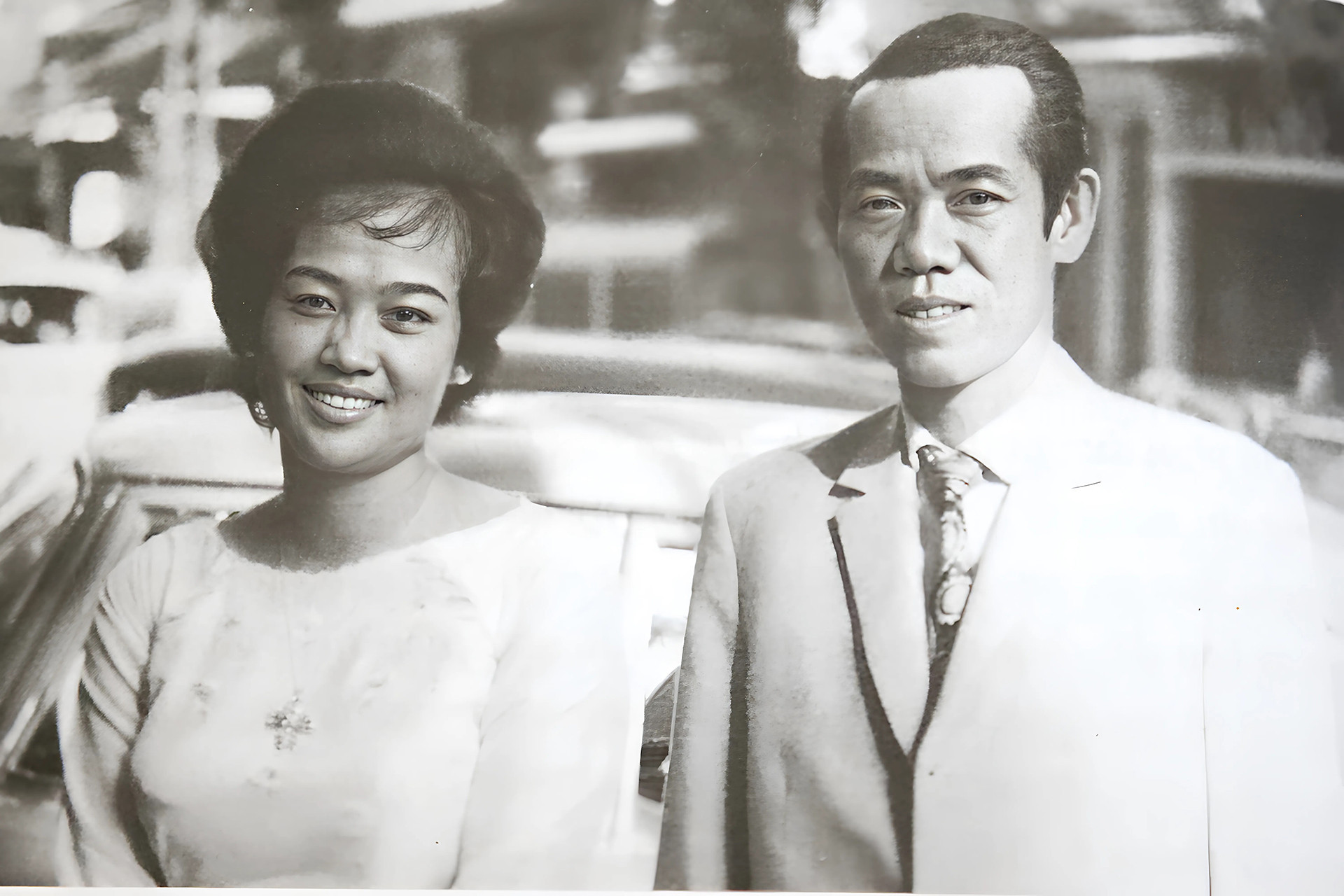
The interviews were fascinating. I would usually arrive at his home around 9 a.m., and we would talk until he got tired. He allowed me to tape all the interviews and shared much personal material with me.
All the interviews will soon be available digitally so everyone can listen to them, although his roosters can often be heard in the background. Sometimes our conversations would last until noon, but other days we would speak until 2 or 3 p.m.
I really enjoyed Pham Xuan An’s sense of humor and retrospectives. Also very important is that An introduced me to members of the H-63 network like Tu Cang, who has since become a friend, Ba Ba, and other heroes of the revolution like Mai Chi Tho and Muoi Huong.
I spent many hours with all of them and traveled with H-63 to their safe houses and drop-off points.
“Simply because we were friends”
How do you compare Pham Xuan An to American or other international spies?
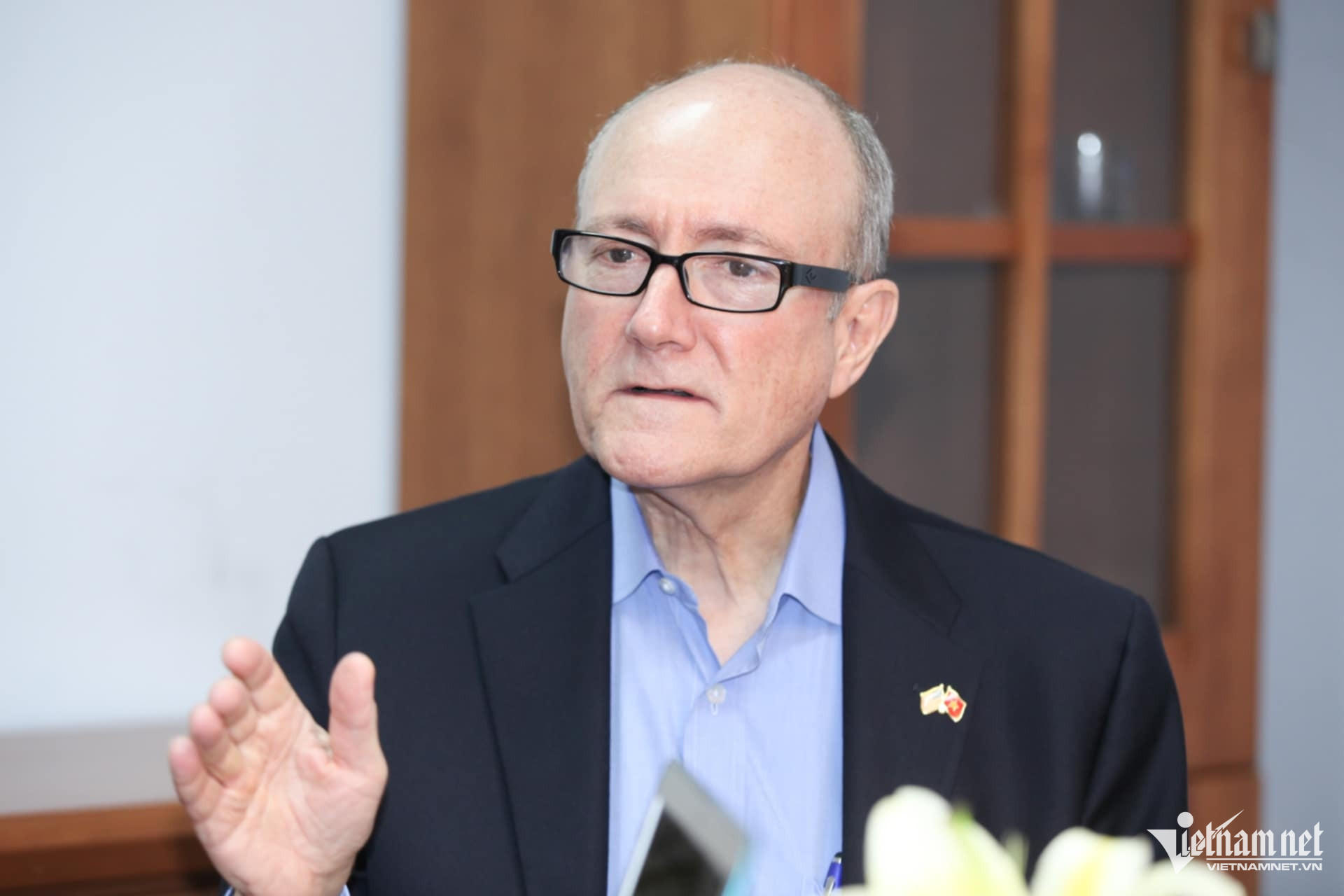
I called Pham Xuan An the Perfect Spy because he took extraordinary risks each day and was never caught. He lived every day among the "enemy," never knowing if that day would be his last. His story is an example of the "wilderness of mirrors" within the world of intelligence.
An built his intelligence network while working as a journalist for Time magazine, forming deep friendships with American journalists and officials. Each friendship became both an asset and a burden — every piece of intelligence passed to his handlers could lead to the death of someone he had grown to care for deeply.
The emotional core of An's story lies in his refusal to let the war destroy his capacity for genuine friendship. When American journalist Bob Anson was captured in Cambodia, An risked everything to secure his release, later explaining simply, "We were friends."
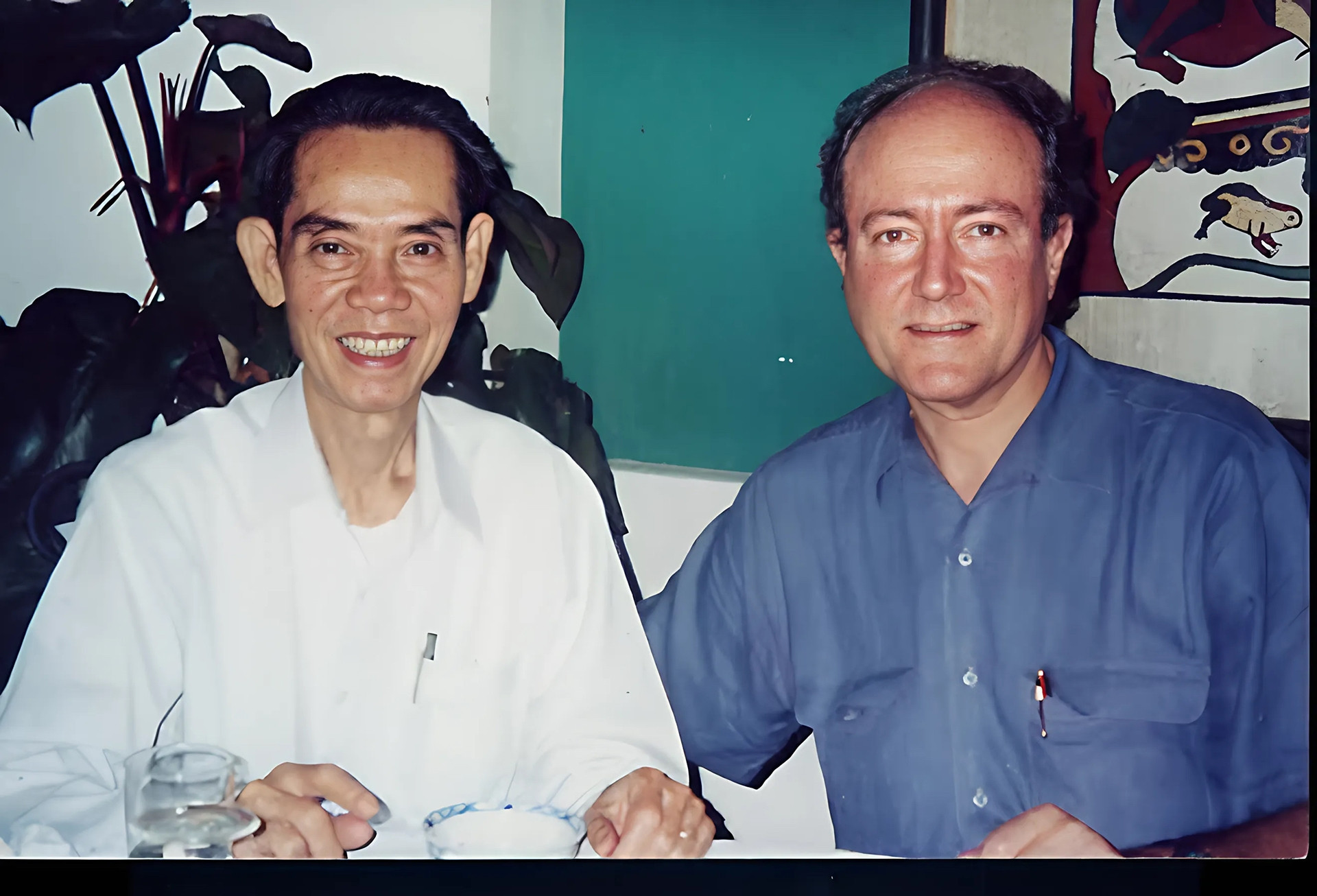


After the country’s reunification, Major General Pham Xuan An’s greatest dream was to help heal the relationship between Vietnam and the United States. This year, Vietnam is celebrating the 50th anniversary of national reunification, and notably, it is also the 30th anniversary of the establishment of Vietnam–U.S. diplomatic relations. As a historian specializing in political studies, how do you assess the relationship between the two countries?
Pham Xuan An’s life story reaches its culmination in reconciliation. On board the USS Vandegrift in 2003, an elderly An watched former enemies become friends, finding in this transformation a validation of his life's most profound belief - that genuine human connections can transcend the artificial boundaries of war and politics.
An’s life embodies the paradox of a spy who refused to let deception corrupt his soul. His story is a testament to the possibility of maintaining one's humanity in the most inhumane of circumstances - of finding light in the darkest shadows of espionage, healing the wounds of war, and bridging the divide between nations.
An’s story reminds us that our shared humanity remains our strongest hope for peace. Our two nations have moved from enemies to partners in many endeavors.
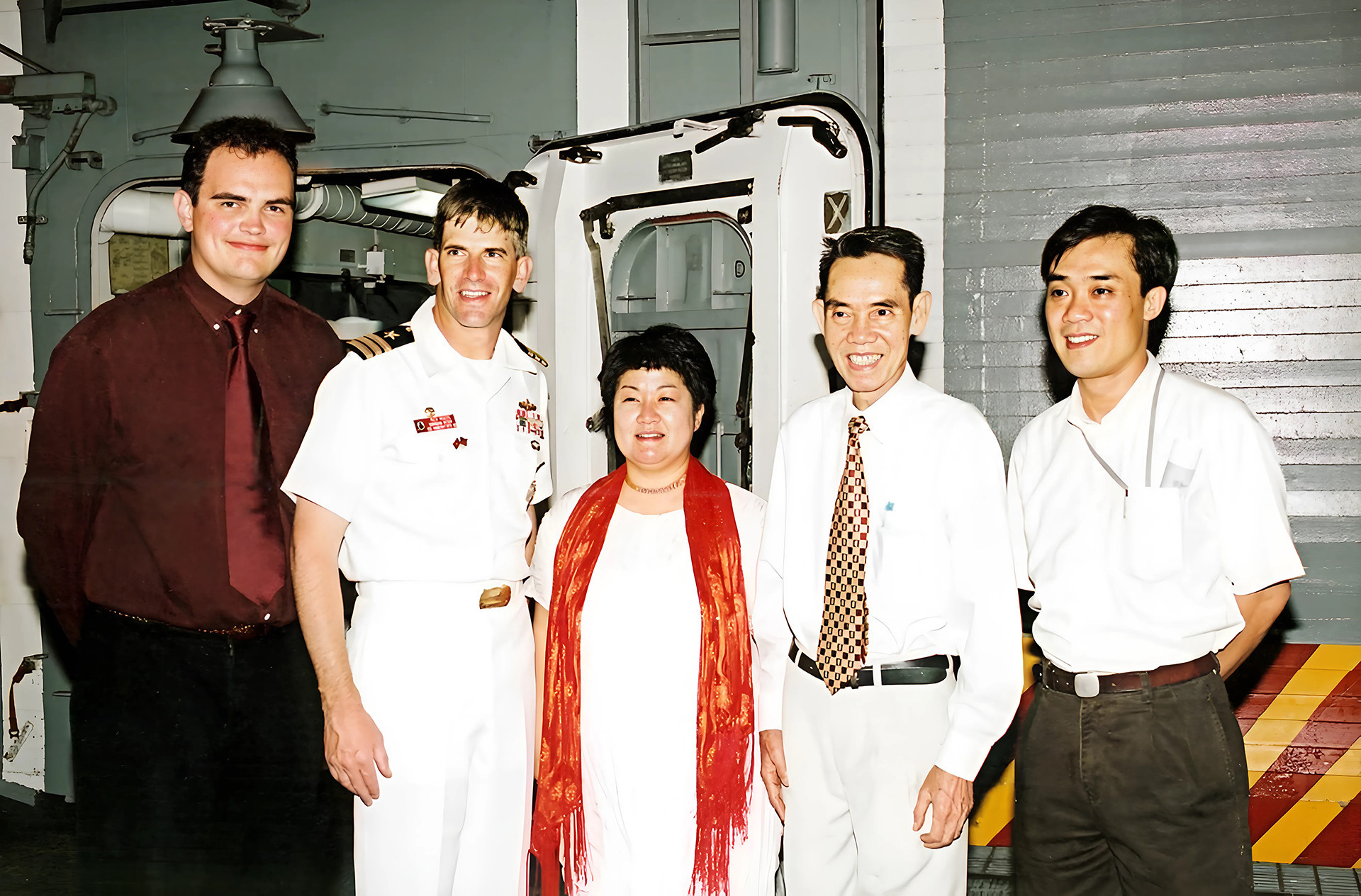
Pham Xuan An’s lifelong dream was a united Vietnam free of foreign troops. But because he had lived in the United States and worked with Americans during the war as part of his cover, he came to understand the American people and believed in his heart that Vietnamese and Americans shared many values - and could be friends.
His dream for Vietnam can be seen in today’s relationship. He would be so happy to see all the Vietnamese students studying in the United States and returning home, as he did, to contribute to the country.
Pham Xuan An: both great and grounded
Few foreigners have traveled to Vietnam dozens of times solely to research and write about a single Vietnamese individual. Do you feel a special connection with Vietnam? And if your health permits, do you plan to visit Vietnam again?
My friends say that in a previous life I was Vietnamese. I believe it is true. I have a special love and fondness for the Vietnamese people, who have always treated me with such kindness. My favorite food is Vietnamese cuisine.
I have a special room at the Continental Hotel dedicated to Pham Xuan An. Each night when I sleep there, I feel his spirit. I still visit Vietnam two to three times a year.


We are currently developing a major motion picture based on my book. BHD is the producer and Charlie Nguyen is the director. The script is excellent, and we are working to raise the funding in Vietnam, hoping to fulfill our dream of a film made, funded, and produced entirely by Vietnam — with the ambition to compete at the Academy Awards. My dream is to see this happen while I am still alive.
I am also writing a new book, A Slow Walk with Death: The Lingering Legacy of Agent Orange, which brings me to Vietnam often, so I have many more trips ahead.
I am especially pleased with the Vietnamese translation of Perfect Spy X6 published by First News. So many young Vietnamese have read the book and continue to stay in touch with me.
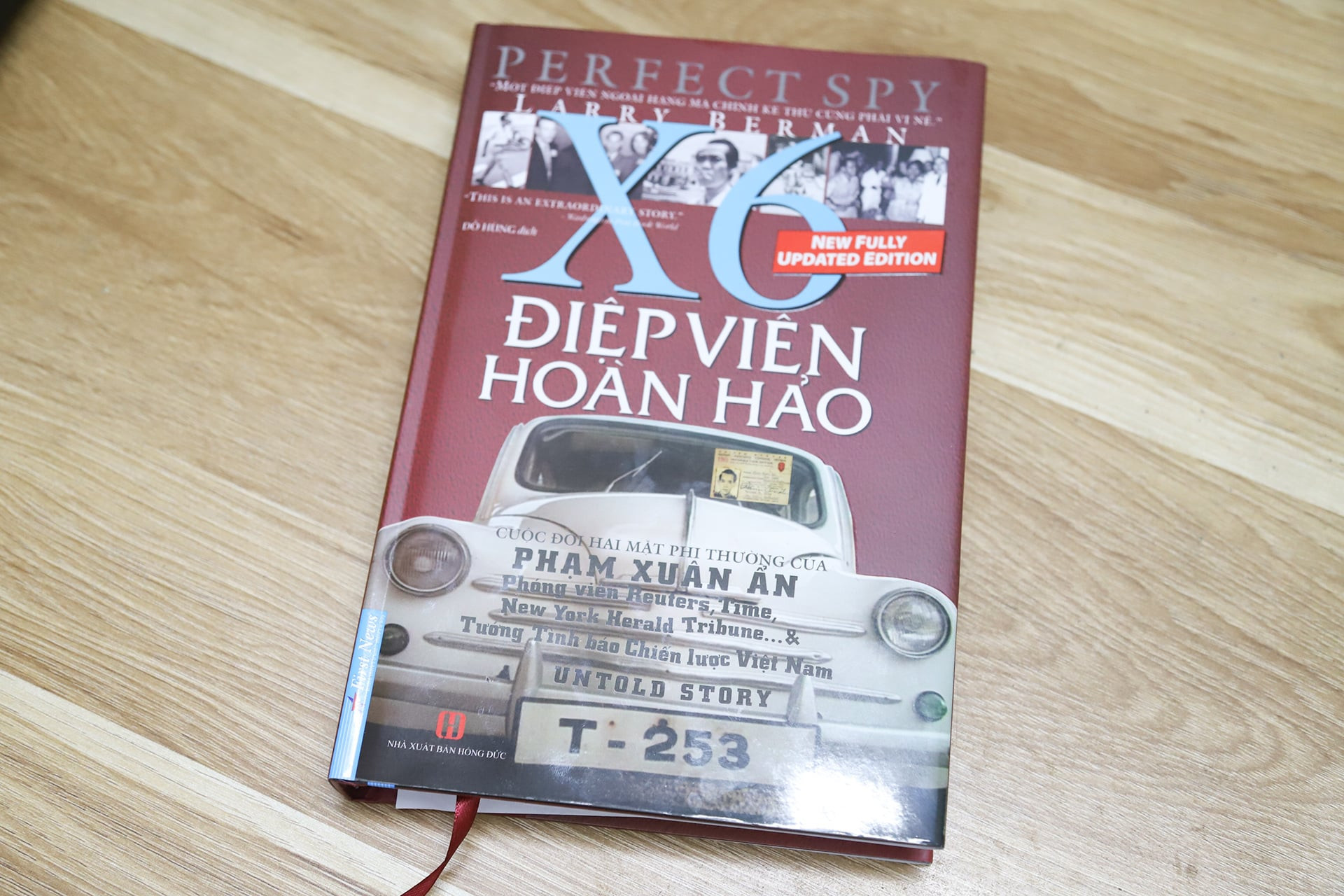
Pham Xuan An is a true hero to generations of Vietnamese. His story, when brought to life in a film, will give him the worldwide recognition he deserves — a spy so unique in human nature that he was respected by both friends and foes alike. He stands larger than life, almost like a myth, yet remains profoundly real.
This interview draws on material from the book Perfect Spy: The Incredible Double Life of Pham Xuan An, Time Magazine Reporter and Vietnamese Strategic Intelligence General.